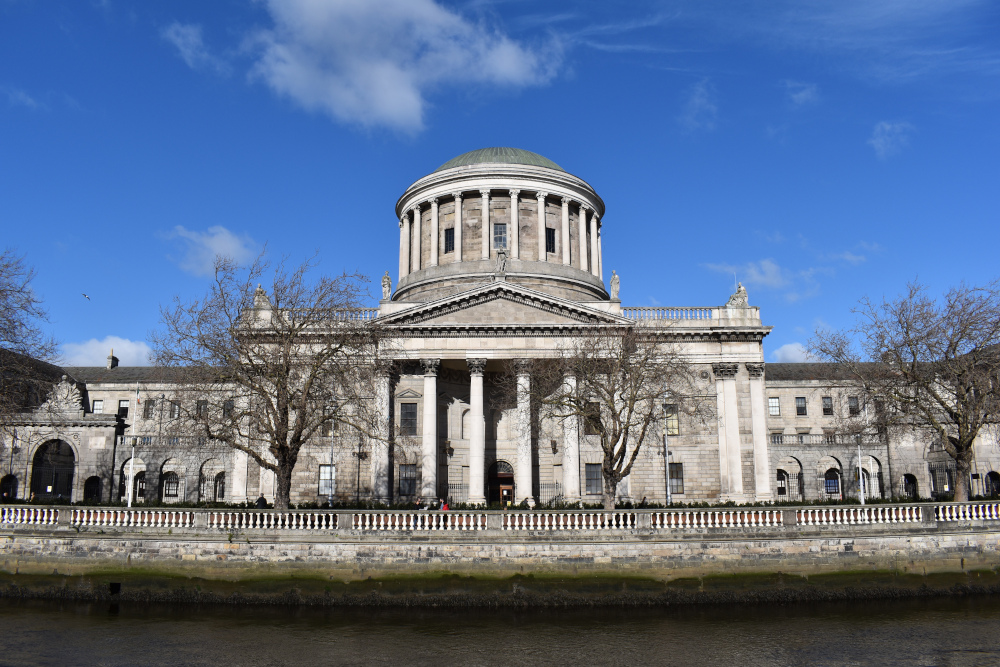State litigation principles adopted by government

The government has adopted 15 principles which will serve as guidelines in the conduct of litigation by the State.
Launching the new State litigation principles yesterday, Attorney General Rossa Fanning SC said they would not “radically change how the State conducts litigation” and instead represented “a codification and public statement of existing best practice”.
The 15 principles are as follows:
- Avoid legal proceedings where possible.
- Deal with claims promptly.
- Deal with litigation efficiently.
- Identify lead cases when multiple sets of proceedings on same legal issue.
- Minimise legal costs for all parties.
- Make settlement offers, tenders or lodgments.
- Act honestly.
- Make discovery in compliance with best practice.
- Be consistent across claims.
- Not to take advantage of the less well-resourced litigant.
- Defend proceedings in accordance with the interests of justice.
- Not to appeal unless there is a reasonable prospect of success or in the public interest.
- Avoid bringing proceedings against another State Department or State body.
- Seek to agree claimant’s costs without the requirement for formal adjudication.
- Apologise where the State has acted unlawfully.
Mr Fanning said: “While the principles do not seek to radically change existing practice or policy, I believe that they will serve at least three important functions.
“Firstly, by clarifying and explaining existing best practice, they will assist officials in the different government departments, and the lawyers acting on their behalf, in upholding the high standards already expected of the State.
“Secondly, they will assist in explaining the approach of the State to litigation and foster a better understanding of how the State serves the public interest when litigating.
“Thirdly, although the government decision to approve the principles does not, in itself, apply to litigants other than government itself and bodies answerable to government, one of the reasons why it is so important for government to articulate the standards that it seeks to uphold in litigation is to set an example and to demonstrate best practice to others.
“Therefore, while it is not for government to dictate how other parties conduct themselves in court, it is my hope that the principles will be disseminated widely, and indeed followed by statutory bodies independent of government and indeed, other litigants, of their own volition.
“I am certain that if every litigant were to seek to abide by these principles, it would improve the efficient administration of justice by our courts.”





